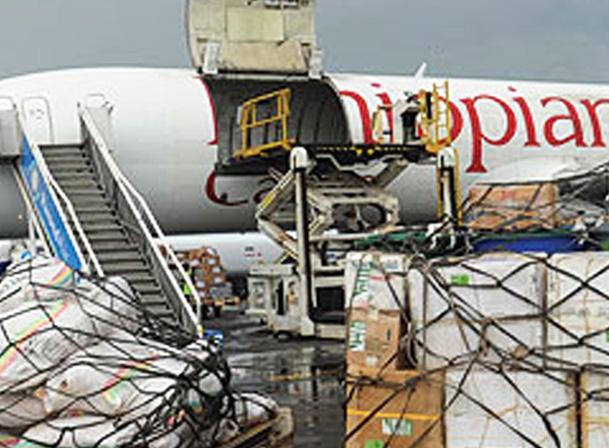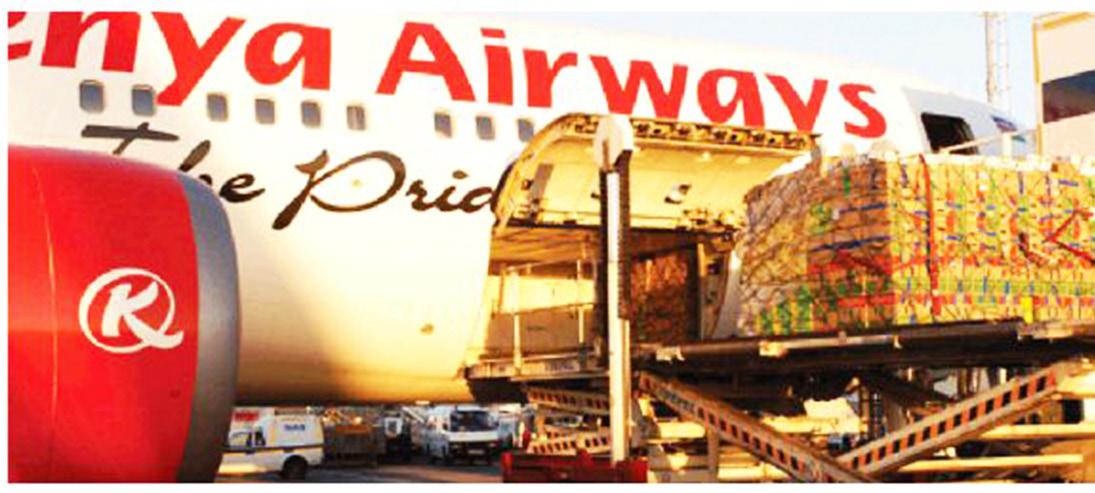
3 minute read
EU Market Access More Predictable
National News National News National News
Integration News EU Market Access More Predictable
Advertisement
After East African countries finally came to an agreement with the European Union on market liberalization, the Rwandan government is confident on competing and benefiting from the European market.
In a press briefing, the Permanent Secretary in the Ministry of East African Community (MINEAC) Innocent Safari and his counterpart in the Ministry of Trade and Industry( MINICOM) Mr. Emanuel Hategeka, who was also the Rwanda’s Chief negotiator in the process, elaborated on how Rwanda stands to take advantage of the European market. Mr. Hategeka said the government was to embark on sensitizing different partners especially the private sector on how best they could tap into the European market.
The negotiations between the EAC Partner States and EU ended towards the end of 2014 with each team claiming a win for what was under negotiations. Implementation of the agreement is expected to start immediately after the signing of the historical accord. However, despite the wider market access, the question remains whether some regional small economies like Rwanda will have enough to export to the market. According to the agreement, the EU will open up to 100% of its market while the East African region will liberalize only 82.6% to protect small industries. “What we need now is to develop the capacity of our traders and it is one of the obligations of the EU according to the agreement. Our aim is to integrate into the global trade economy. We had the supply chain constraints but now it’s an opportunity for Rwanda and the region,” Hategeka said.
Rwanda and the EU have been major trading partners and the potential is evident in light of the growing bilateral trade between the two. Rwandan exports to the EU have fluctuated in volume and value but the EU remains Rwanda’s major trading partner. For example, the volume of Rwandan exports to the EU was 22,724 tons, 27,473 tons and 21,495 tons in 2011, 2012 and 2013 respectively. The merchandise exported from Rwanda to the EU market was valued at $199m, $169m and $168.6million in 2011, 2012 and 2013 respectively.
The agreement will help to provide Rwanda with a predictable trade regime that provides duty free and quota free market access for Rwandan products instead of the earlier unilateral offer that would be withdrawn any time by the EU.
Rwanda like other regional countries is expected to enjoy the cumulative process where the business community could source raw materials from all African, Caribbean and Pacific states, overseas countries and territories, EU countries and other countries that have Free Trade Agreement with European Union. Safari observed that the European market liberalization was an opportunity for the local products to shine in the global market. He said that MINEAC was ready to collaborate with other government agencies and the private sector to ensure that Rwandan traders tap into the EU market.
In 2013, Rwanda’s main export destination was Europe, accounting for 33% of the total trade. Rwanda mostly exports coffee, tea, vegetables, flowers, and other goods. Gerald Nkusi Mukubu, the acting Chief Executive Officer of the Private Sector Federation (PSF) believes the country has enough to export to the European market.
“We had some challenges with our products like standards and packaging but now we are going to work with the ministry in charge to address all the issues. We have to utilize this opportunity,” he noted. However capacity building and facilitating Rwanda traders would require about $8.9 billion in the next 25 years.

Kenya Airways cargo plane loading goods










